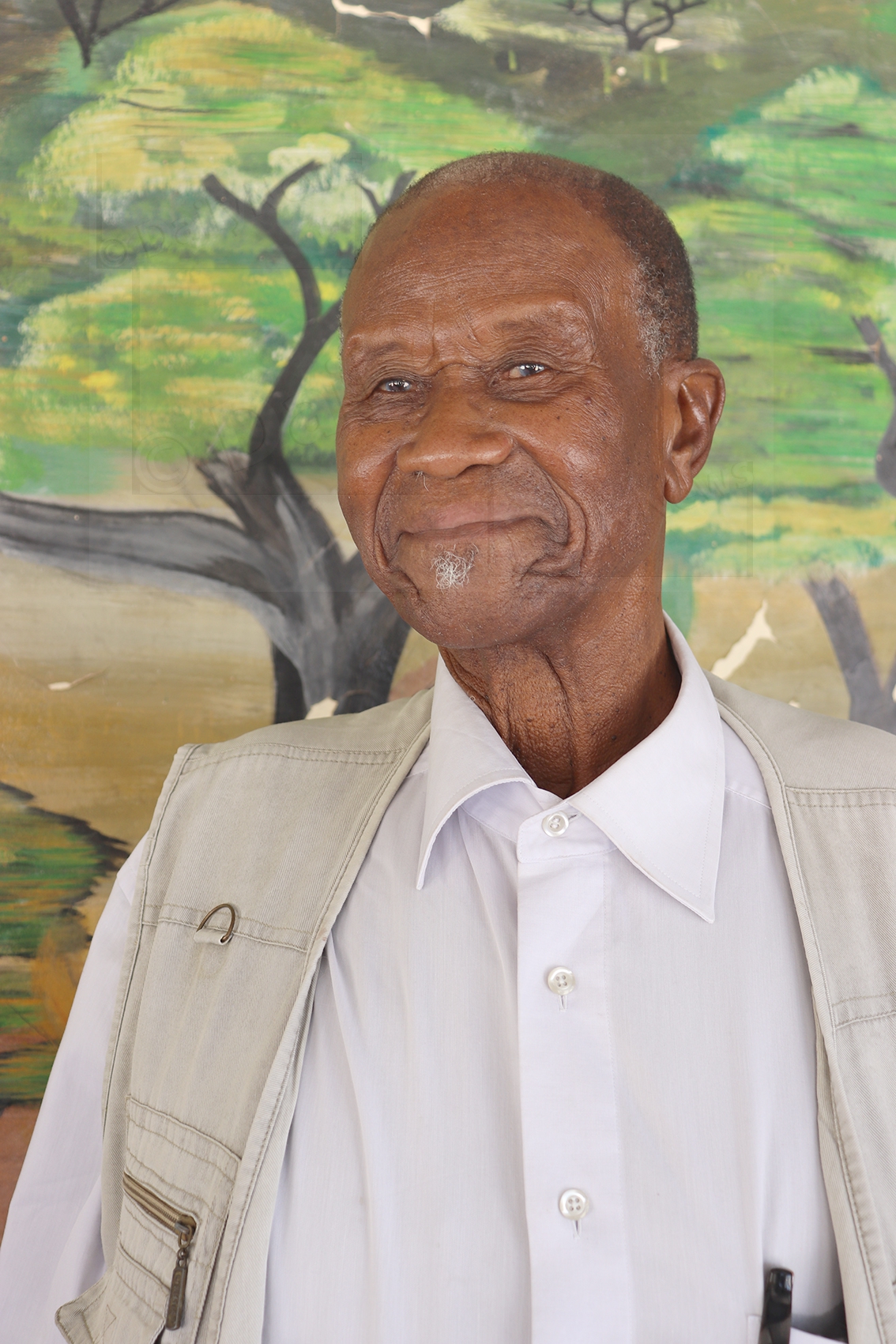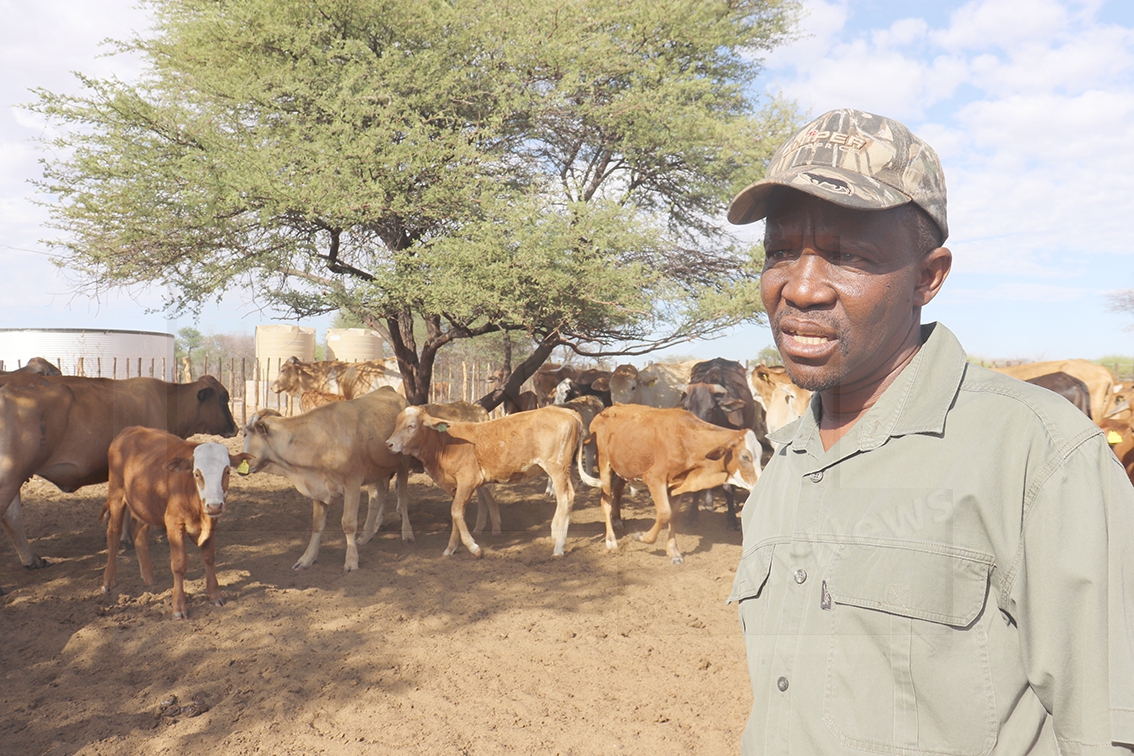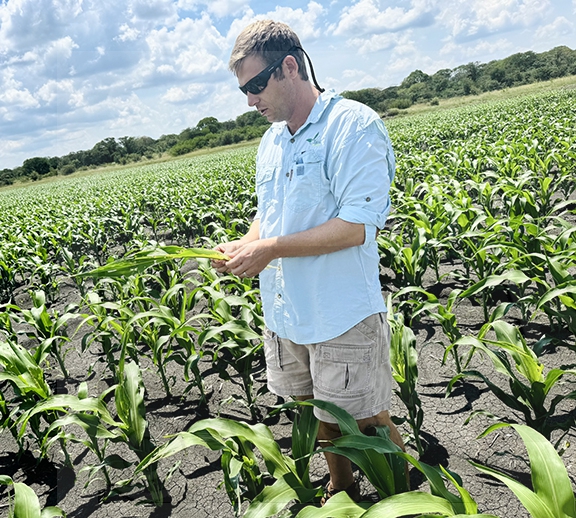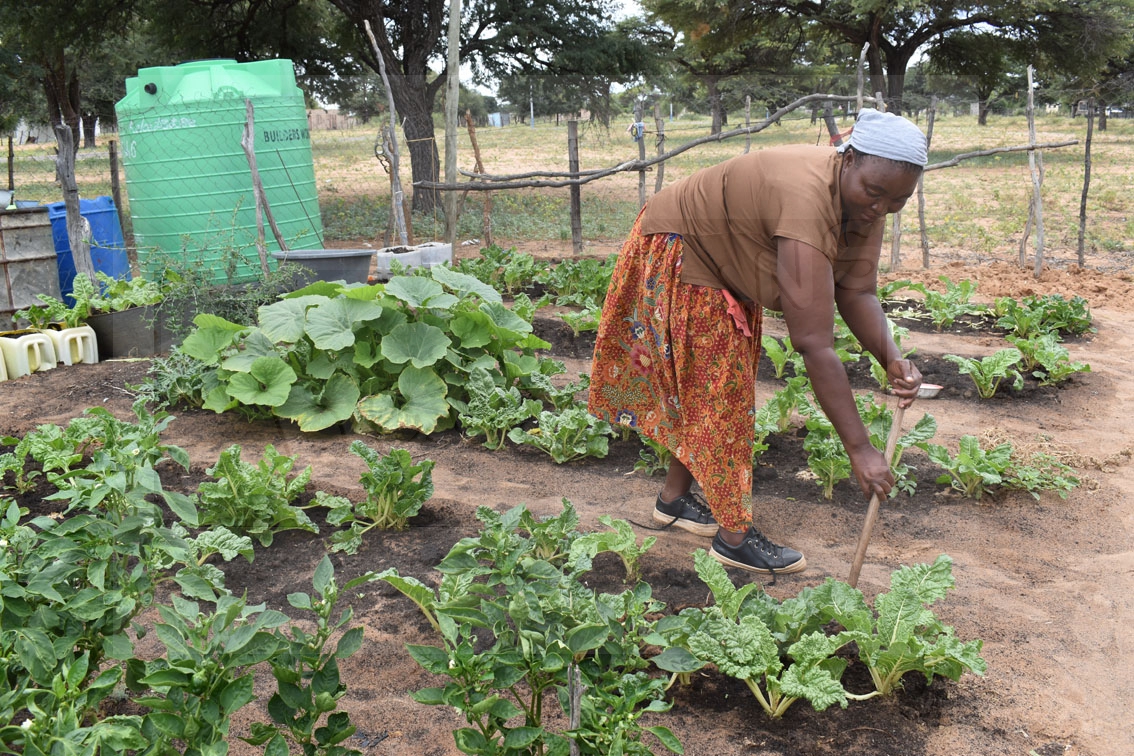Farmers look forward to SONA
18 Nov 2024
As the nation awaits in anticipation of President Advocate Duma Boko’s inaugural State-of-the-Nation-Address today, livestock farmers in Kgalagadi are full of hope from the new administration.
They are calling for a shift in land use policy and patterns to incorporate key infrastructure developments on agricultural land targeted at bolstering production to drive the nation towards food security and ultimately food self-sufficiency.
In an interview, a commercial farmer at Kisa, Mr Gaseitsiwe Matswiri, said farm accessibility was a challenge and as such development of road infrastructure to farms was paramount for the farmers to be able to transport livestock in and out of their farm areas to the market thus making selling much easier.
According to Mr Matswiri, facilitation of availability of amenities necessary for the running of a fully-fledged farm such as electricity connectivity was of critical importance for consideration by the new government.
“Connection to the electricity power grid in the farms is necessary as we need power to run boreholes, and other farming activities and to also entice the youth to move away from urban areas to go into farming, which is a highly lucrative business,” he said.
He said if the development was implemented, it could also aid in the digitilisation of farms.
He said the network infrastructure development in farms was long overdue hence the need to cultivate it as digitilisation played a critical role in marketing farm produce, which he noted eased doing business both domestically and globally.
Mr Matswiri further suggested the use of green technology in farms adding that government must subsidise prices on the solar equipment for farmers.
He highlighted that water in the area was saline, which was a challenge for farmers hence the need for government to meet farmers halfway in that regard.
Also, Mr Matswiri said there must be swift and seamless implementation of the BAITS system, adding that there were too many permissions to be made before one could be granted permit to sell as the system involved the police officer to authorise consignment and a BAITS officer to inspect physically before giving out permit, which took a long time.
“They must make it easier for one to sell cattle even overnight without having to wait for a long time.
It is a tedious logistics process,” he said.
The farmer noted that Botswana, which was a landlocked country, was largely dominated by the flat desert terrain, savannah and grassland, which presented a vibrant atmosphere for agricultural growth.
As such, he expressed optimism that the new government would facilitate farmers to increase their production volume and operational efficiencies.
He called for regulation on livestock export licenses to be reviewed, adding that livestock buyers commonly referred to as millers/middle men, ripped off Batswana as they bought their cattle at uncontrolled prices.
“Millers realise that Batswana are not protected by their own government as there is no minimum price set and buy their cattle at their own price. Our expectation is for the new government to come up with legal instruments to protect small farmers,” he said, adding that live cattle export was open to everybody in the past but the small farmers did not make money from this as they had no resources or connections.
Furthermore, he said in the past there was inconsistency in the implementation of drought relief on animal feed subsidy, as times feeds were not available for prolonged periods and upon arrival farmers scrambled for them.
“The challenge was also that government took longer to pay suppliers. Farmers ended up having to incur costs as they could not leave their animals without food,” he said.
He called for an interactive government with robust consultation processes embracing inclusiveness and not take decisions on policies and programmes implementations without bringing farmers on board as this would help develop the livestock sector tremendously.
He called for the privatisation of the Botswana Meat Commission (BMC) to deal with monopoly of the beef sector as BMC delayed with payments and their buying price is low.
Thus he said, all players should come in and be given an opportunity in order to create competition in adherence to the set standards of importation.
“A matlhabelo a ikemele puso e tswe mo teng, batho ba neelwe diteseletso tsa go rekisa ko ntle, matlhabelo a nne mantsi, a phadisanye gongwe go ka nna le maduo a a botoka.
Go a diragala Ko bo Brazil, South Africa, le Namibia,” he said. He said if BMC was to take over the running of the Tsabong Multispecies Abattoir, it must do things differently and strive to satisfy farmers with good prices.
A middle farmer, Mr Ditira Gaoetswe, said livestock was the economic backbone of many households nationwide who relied heavily on its income.
He expects the new government to increase buying prices akin to what Mr Matswiri has said.
He said the live cattle export permits had left BMC in the lurch, as it could not grow.
He said recent government programmes, which were unveiled such as Thuo Letlotlo need to be revamped to run sustainably adding that the programmes were youth-centered but the youth had no farm land and needed more training and resilience to succeed in farming.
Mr Gaoetswe said BMC must reengineer its processes to satisfactorily serve farmers and government must halt permits of live cattle exports.
“All cattle must be channeled through the BMC because government has lost revenue in the form of tax in the process, farmers also decried the low buying prices by the millers.
A ba ba rekisang dikgomo ko ntle ga lefatshe ba tsene pele ka BMC gore e kgone go gola e tlhabologe gore ka moso re bone ditlhwatlhwa tse di botoka re le barui. A tautona yo mosha a baakanye seemo se pele,” he pleaded.
A subsistence farmer, Mr Metheo Motsewapuo, said the previous agriculture programmes did not cut it for him, as he feared he could have been left swimming in debt having to get a loan to service loan acquired through Thuo Letlotlo.
He said the programmes carried a blanket approach, not taking into consideration chains of food production.
As such, he called for extensive research to be carried out to ensure the development of the agricultural sector and that farmers should gain substantially from their produce.
He echoed the sentiments by Mr Matswiri that small scale farmers needed protection from government on price control for millers to set minimum standard price for buying cattle.
“We are not protected, feed lots, and millers ba a re tsietsa. Ba tsaya dikgomo tsa rona mahala. ENDS
Source : BOPA
Author : Calviniah Kgautlhe
Location : KISA
Event : interview
Date : 18 Nov 2024









